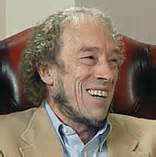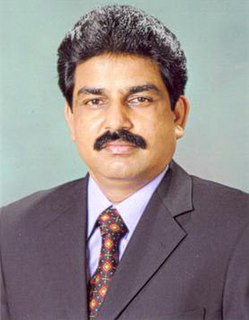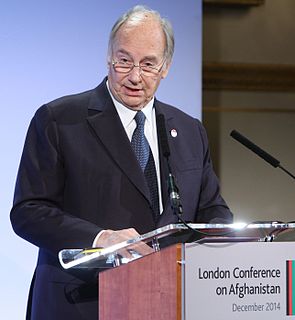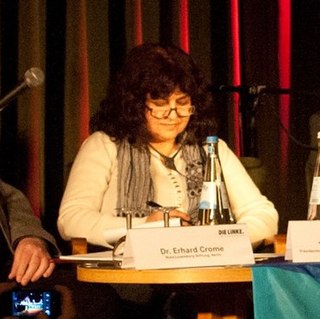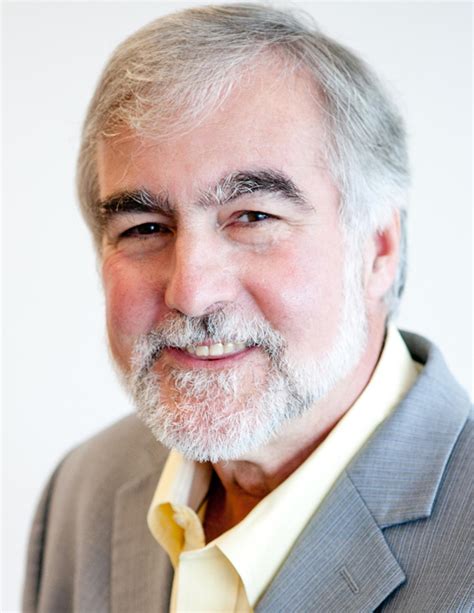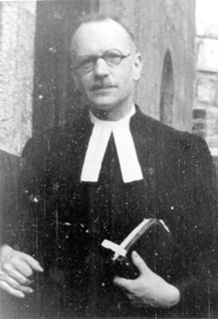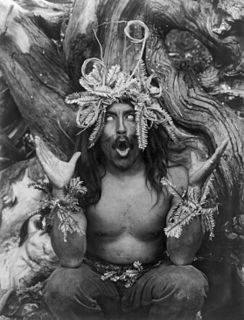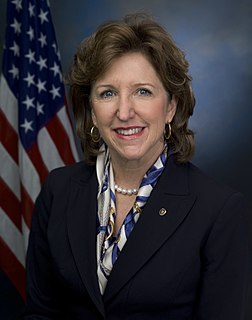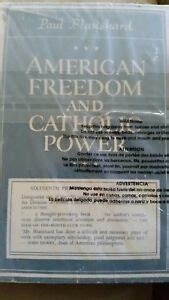Top 1200 Religious History Quotes & Sayings - Page 2
Explore popular Religious History quotes.
Last updated on December 22, 2024.
Religious ideas about good and evil tend to focus on how to achieve well-being in the next life, and this makes them terrible guides to securing it in this one. Of course, there are a few gems to be found in every religious tradition, but insofar as these precepts are wise and useful they are not, in principle, religious.
We have gone a long way toward civilization and religious tolerance, and we have a good example in this country. Here the many Protestant denominations, the Catholic Church and the Greek Orthodox Church do not seek to destroy one another in physical violence just because they do not interpret every verse of the Bible in exactly the same way. Here we now have the freedom of all religions, and I hope that never again will we have a repetition of religious bigotry, as we have had in certain periods of our own history. There is no room for that kind of foolishness here.
Tibet, why is it occupied? For political reasons maybe they have a reason. I don't know. But religiously, why? The fact that the religious community is being oppressed and persecuted is something that every single person in the world who has any religious faith and religious feeling for - for people who have faith should speak up.
Religious freedom is often referred to as America's first freedom. Our country was founded by religious exiles and built on the belief that God has given all people certain inalienable rights. Government's role in society is to protect these rights and ensure that we are safe from religious persecution and discrimination.
I don’t know much about history, and I wouldn’t give a nickel for all the history in the world. It means nothing to me. History is more or less bunk. It's tradition. We don't want tradition. We want to live in the present and the only history that is worth a tinker's damn is the history we make today.
There has been a religious revival because - let me put it like this, the people that weren't traditionally religious, conventionally religious, had a religion of their own in my youth. These were liberals who believed in the idea of progress or they were Marxists. Both of these secular religions have broken down.
Human history's the most funny and yet the most tragic discovery will be the discovery of the religious people that all religions are man-made! And this childish discovery will enable the pious to make an intellectual jump in upwards direction. The devout will turn into a progressive man and the history will flow faster in the progressive direction.
In order to teach a course in the history of Western religious thought, I had to do a great deal of research in the writings within the Judaic and Christian traditions and I was astonished to find in those writings philosophical thought of great power and sophistication. These writings completely blew away all my opinions about what I had taken to be the irrationality or immaturity of religious ideas, opinions which were and still are fashionable in many intellectual and literary circles today.
It is taboo in our society to criticize a persons religious faith... these taboos are offensive, deeply unreasonable, but worse than that, they are getting people killed. This is really my concern. My concern is that our religions, the diversity of our religious doctrines, is going to get us killed. I'm worried that our religious discourse- our religious beliefs are ultimately incompatible with civilization.
The history of mankind is a history of the subjugation and exploitation of a great majority of people by an elite few by what has been appropriately termed the 'ruling class'. The ruling class has many manifestations. It can take the form of a religious orthodoxy, a monarchy, a dictatorship of the proletariat, outright fascism, or, in the case of the United States, corporate statism. In each instance the ruling class relies on academics, scholars and 'experts' to legitimize and provide moral authority for its hegemony over the masses.
I think religious freedom is part of the U.S.'s policy and Congress mandated the creation of the U.S. Commission on International Religious Freedom. So it is important that the U.S. focus in dialogue, development projects, cooperation with Pakistan and other countries to give more importance to religious freedom issues.
When a child who has been conceived in love is born to a man and a woman, the joy of that birth sings throughout the universe. The joy of writing or painting is much the same, and the insemination comes not from the artist himself but from his relationship with those he loves, with the whole world. All real art is, in its true sense, religious; it is a religious impulse; there is not such thing as a non-religious subject.
History is a living horse laughing at a wooden horse. History is a wind blowing where it listeth. History is no sure thing to bet on. History is a box of tricks with a lost key. History is a labyrinth of doors with sliding panels, a book of ciphers with the code in a cave of the Saragossa sea. History says, if it pleases, Excuse me, I beg your pardon, it will never happen again if I can help it.
Religion that is imposed upon its recipients turns out to engender either indifference or resentment. Most American religious leaders have recognized that persuasion is far more powerful than coercion when it comes to promoting one's religious views. . . . Not surprisingly, then, large numbers of religious leaders have supported the Supreme Court in its prayer decisions.
If, in schools, we keep teaching that history is divided into American history and Chinese history and Russian history and Australian history, we're teaching kids that they are divided into tribes. And we're failing to teach them that we also, as human beings, share problems that we need to work together with.
The great writers to whom the world owes what religious liberty it possesses, have mostly asserted freedom of conscience as an indefeasible right, and denied absolutely that a human being is accountable to others for his religious belief. Yet so natural to mankind is intolerance in whatever they really care about, that religious freedom has hardly anywhere been practically realised, except where religious indifference, which dislikes to have its peace disturbed by theological quarrels, has added its weight to the scale.
The greatest bulwark against an overreaching government, as tyrants know, is a religious population. That is because religious people form communities of interest adverse to government control of their lives; religious communities rely on their families and each other rather than an overarching government utilizing force.
Religious liberty in a nation is as real as the liberty of its least popular religious minority. Look not to the size of cathedrals or even to the words on the statute books for proof of the reality of religious freedom. Ask what is the fate of the Protestant in Spain, the Jew in Saudi Arabia, the Arab in Israel, the Catholic in Poland or the atheist in the United States.


























